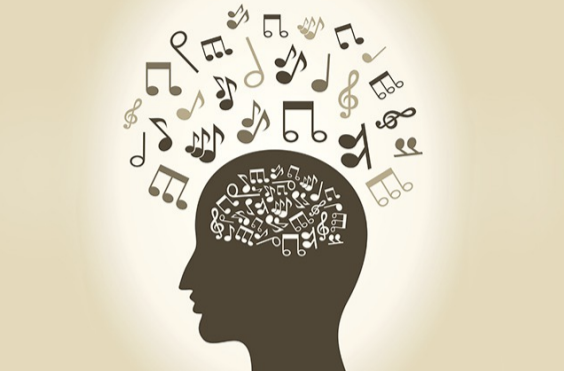Imagine this. You just came back from a stressful day of work, and you can’t wait to jump onto your couch and wind down with some of your favorite tunes. You push in a pair of earbuds into your ears, and crank up the tunes. What happens next? Your toes, fingers, and soul unite with the calming music as you hear the sound of the sweet piano vibrating in your ears. Your fingers drum to the catchy beat. Perhaps your head and shoulders bob up and down. Pretty soon, you find yourself belting out to the lyrics, busting into a groovy move, and feeling the stress slowly melt off your shoulders.
Though it is quite obvious that music has its immense powers of soothing the brain and soul, physically and mentally understanding how the brain and music interact can blow your mind away. The result of these deep studies and ability to connect the clues your body gives you are a fascinating picture of how your favorite music can play a huge role in brain development, internal happiness, learning, your mood, and even your health. As the music enters your body, your brain triggers pleasure centers all throughout the complex system of nerves. This releases dopamine, a neurotransmitter that brings immense happiness to your mind. This quick and fascinating response from the brain allows you to anticipate even the most pleasurable parts of your day. An early dopamine rush allows you to prime your excitement with the music, as your stress is now washed off.
Beyond simply bringing a smile to your face and mind, music can also boost your health and immunity. Research has shown that listening to music allows quick and long lasting immunity, antibodies, and cells that protect against bacteria and other invaders in your body. Music has also proven to be effective across a variety of treatment scenarios for conditions ranging from suicidal thoughts to depression to Parkinson’s Disease.
Now, you might think that music has so many benefits, and you just can’t get enough of it! Along with these benefits, music also boosts concentration as shown by many different studies. A research team from the Stanford University School of Medicine showed that music engages the areas of the brain involved with paying attention, making predictions and updating the event in memory. According to research, “Peak brain activity occurred during a short period of silence between musical movements – when seemingly nothing was happening.” Therefore, listening to music has shown its effects in children ranging from ages 6 all the way to age 95. Calming down, concentrating on what really needs to be done, and just bringing happiness to your body is extremely important. Next time when you’re in the need of an energy boost, a concentration guide, or even immunity assistance, crank up some of your favorite tunes as you jazz along to the soothing melodies and beats!
Author: Vinuta Ramakrishnan
